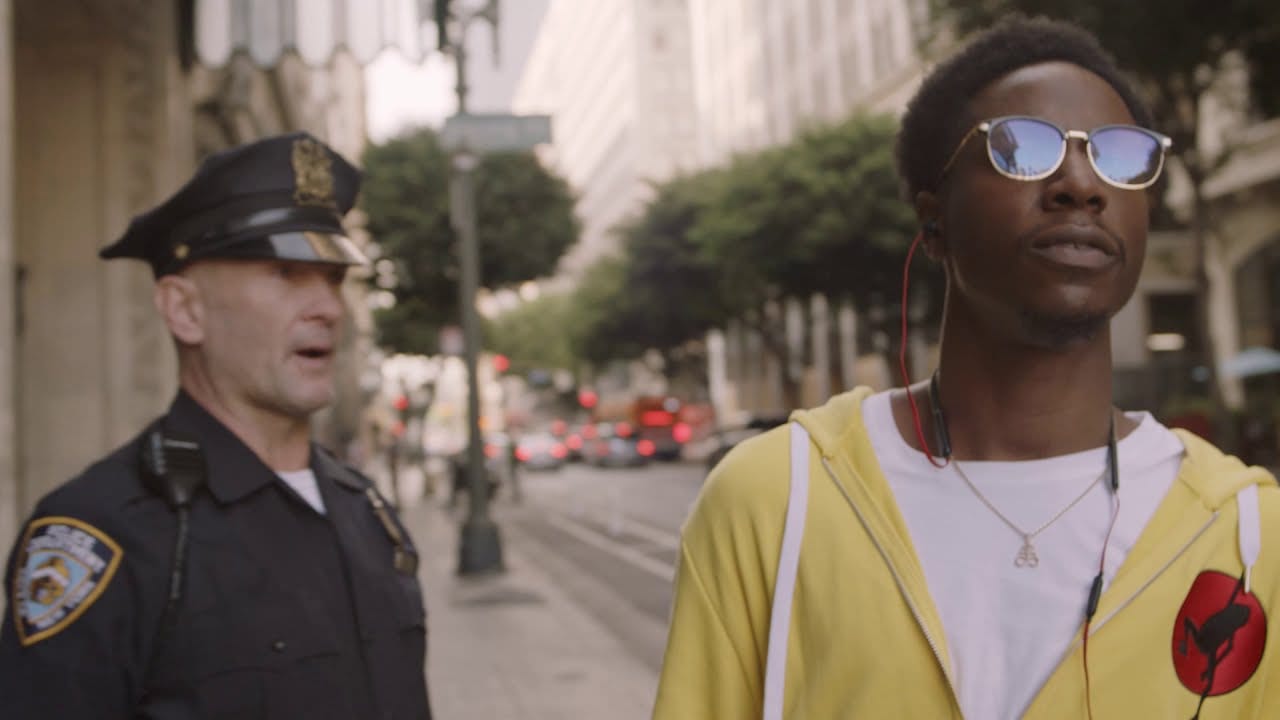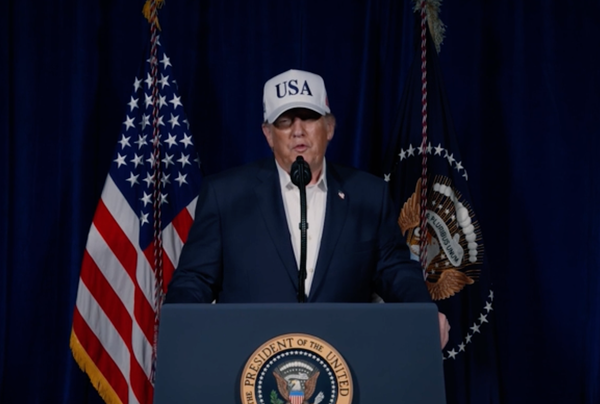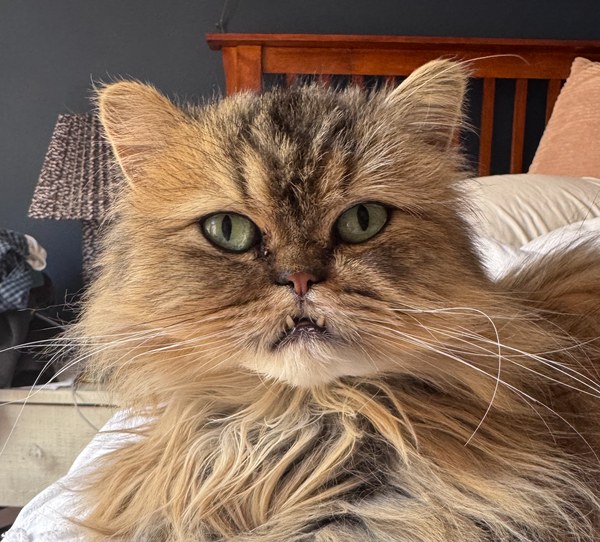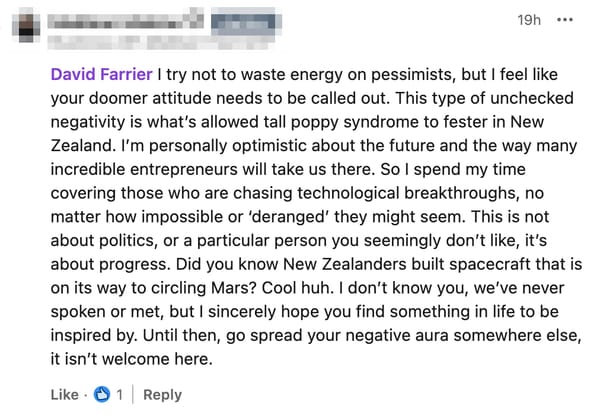Leaving New Zealand, & meeting David Farrier
I am writing this from LA, and wanted to tell you about my conversation with a man called David Farrier
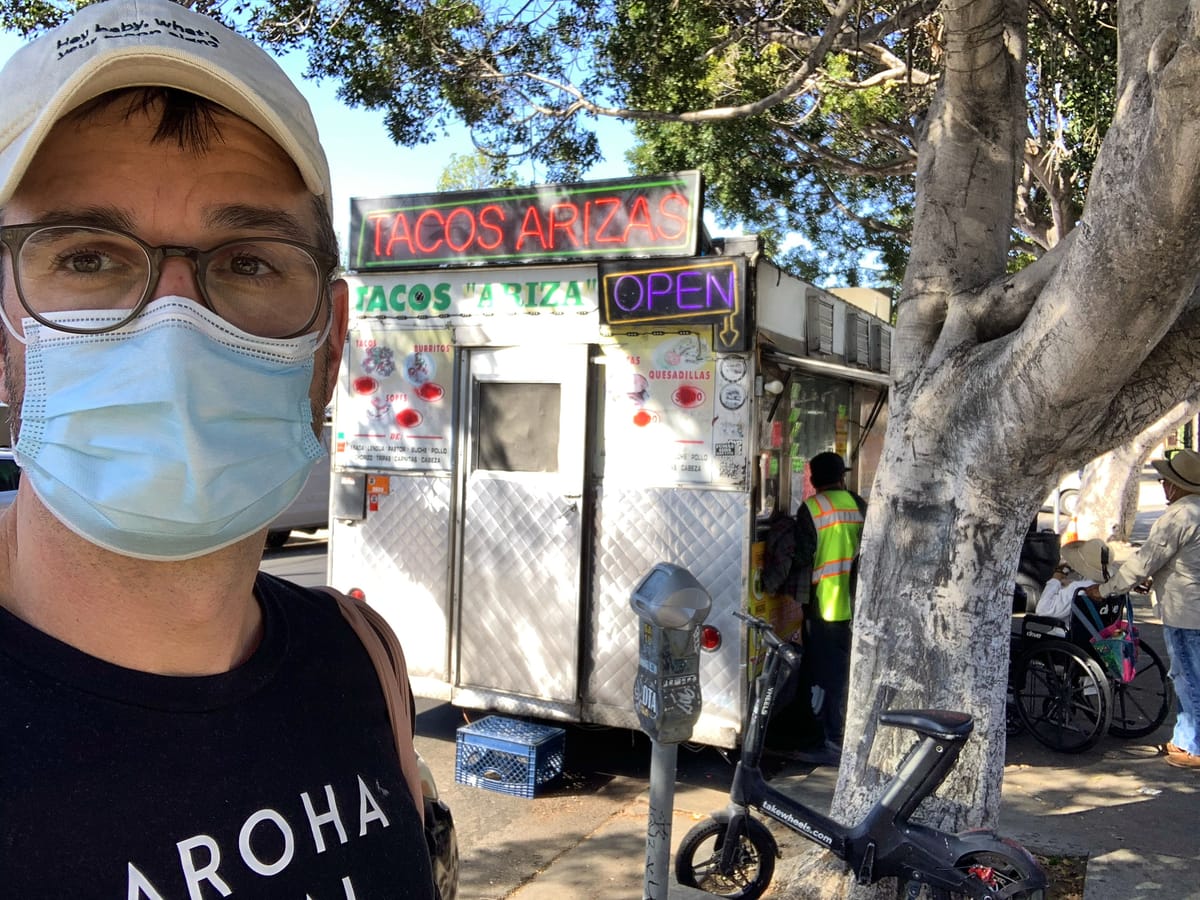
Hey,
So I’ve relocated from New Zealand to the United States for a bit. It may seem like a strange decision — to leave the Covid-free wonderland of Aotearoa for the muck of the United States — but it was time for a change.
Yesterday evening at Auckland airport was completely surreal. It felt more film-set than airport, eerie in its quietness.
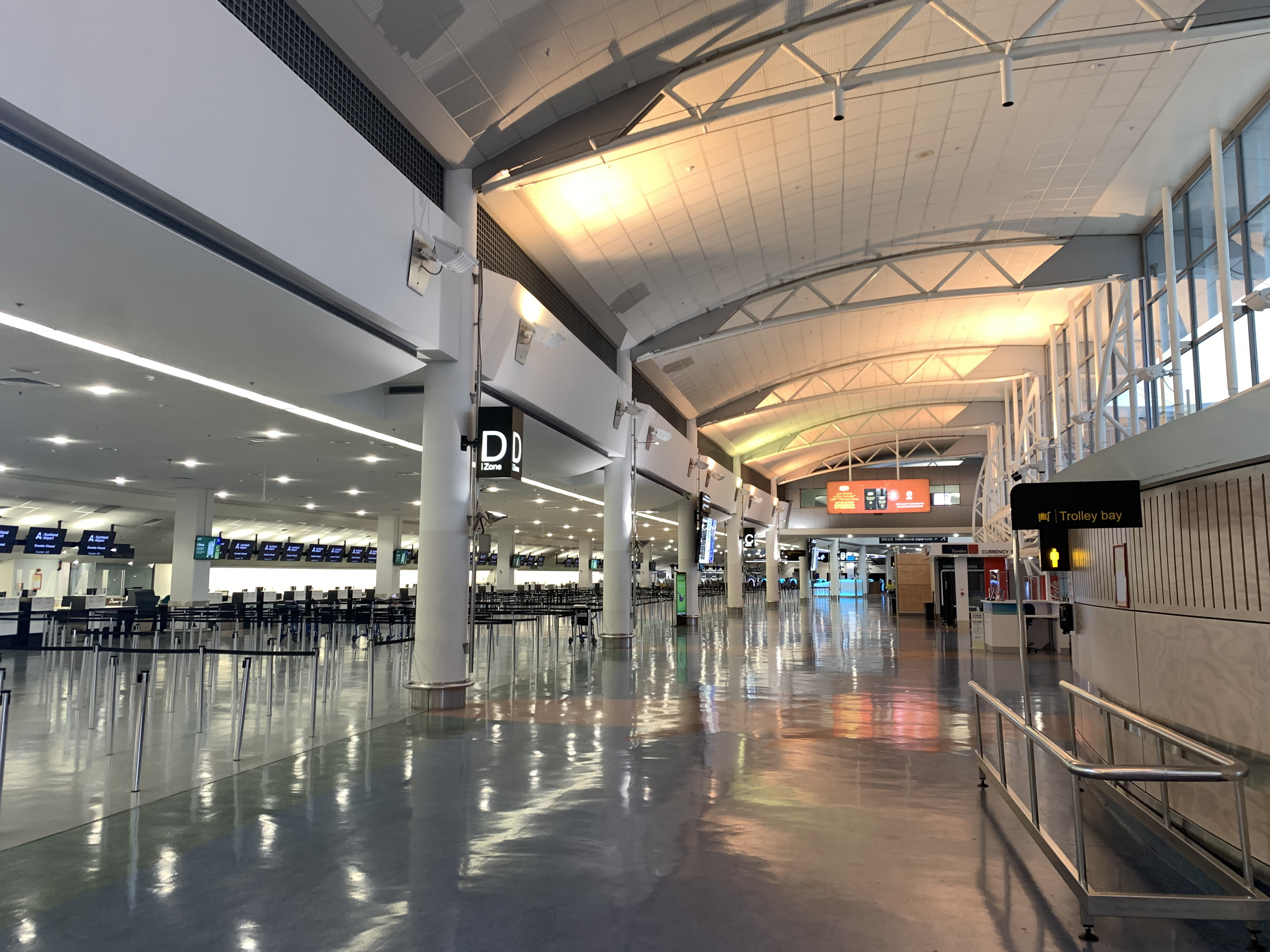
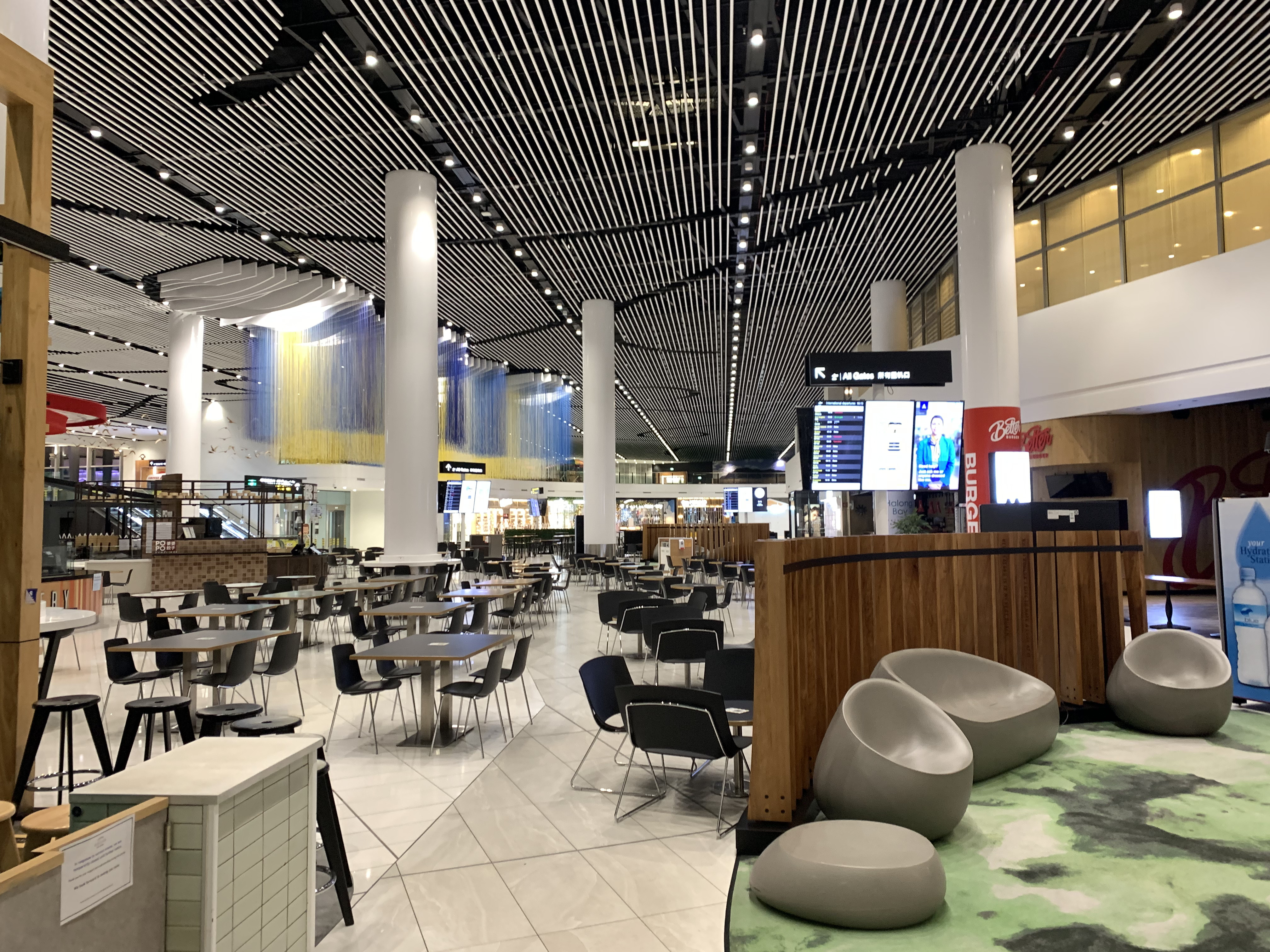
It felt like I’d come to the wrong place — that the airport had shifted somewhere else, and I’d turned up at the decommissioned one. It felt like a glitch in the matrix. The only clue that things were still functioning is that someone had left the lights on. McDonalds was illuminated, but the screens were empty of choices. No disgusting cheeseburger for this boy.
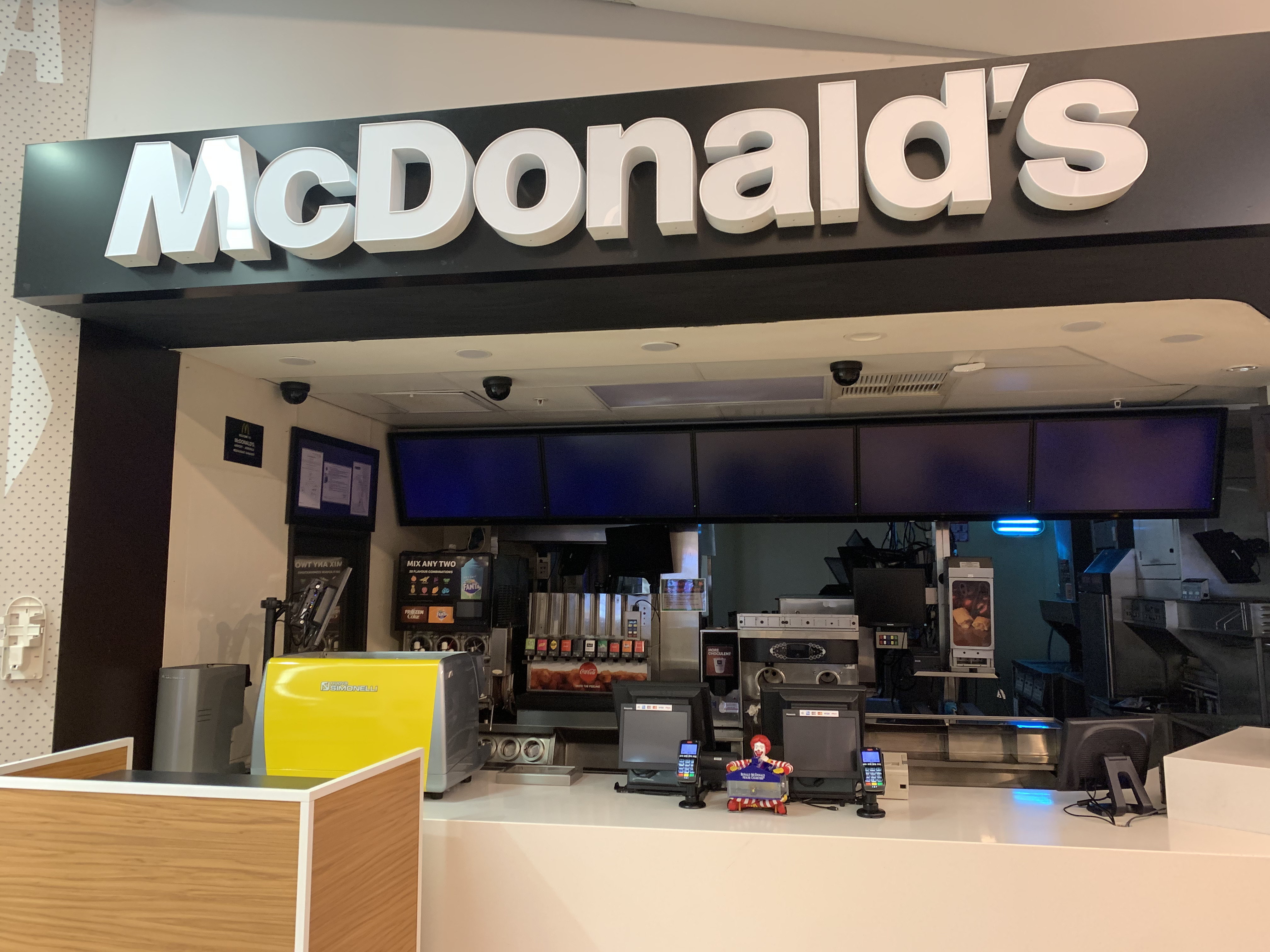
72 hours earlier, I’d paid $250 for a Covid test. I had to go to a White Cross emergency clinic to get it, as all the GPs had shut up for the weekend. I found myself sitting down next to a kid covered in blood, and a woman who appeared to be having some kind of allergic reaction. A few hours in an emergency waiting room is actually quite entertaining in a way, but I was glad when a doctor eventually saw me and jammed a cotton bud so far up my nose I could feel it down the back of my throat.
For my troubles I got my certificate, and I clutched it in my paws at the airport. That, along with my passport, would let me leave New Zealand for the baked concrete of Los Angeles.
The plane was actually pretty full — as flights out of Aotearoa are a lot less common than they used to be. I flicked on the in-flight entertainment to see what new releases were listed. Maybe there were some films I could catch up on. It was grim as fuck: with Tenet and Scooby Doo at the top spot. I wondered how the soundmix in Tenet would sound on airplane headphones. I decided to give it a miss.
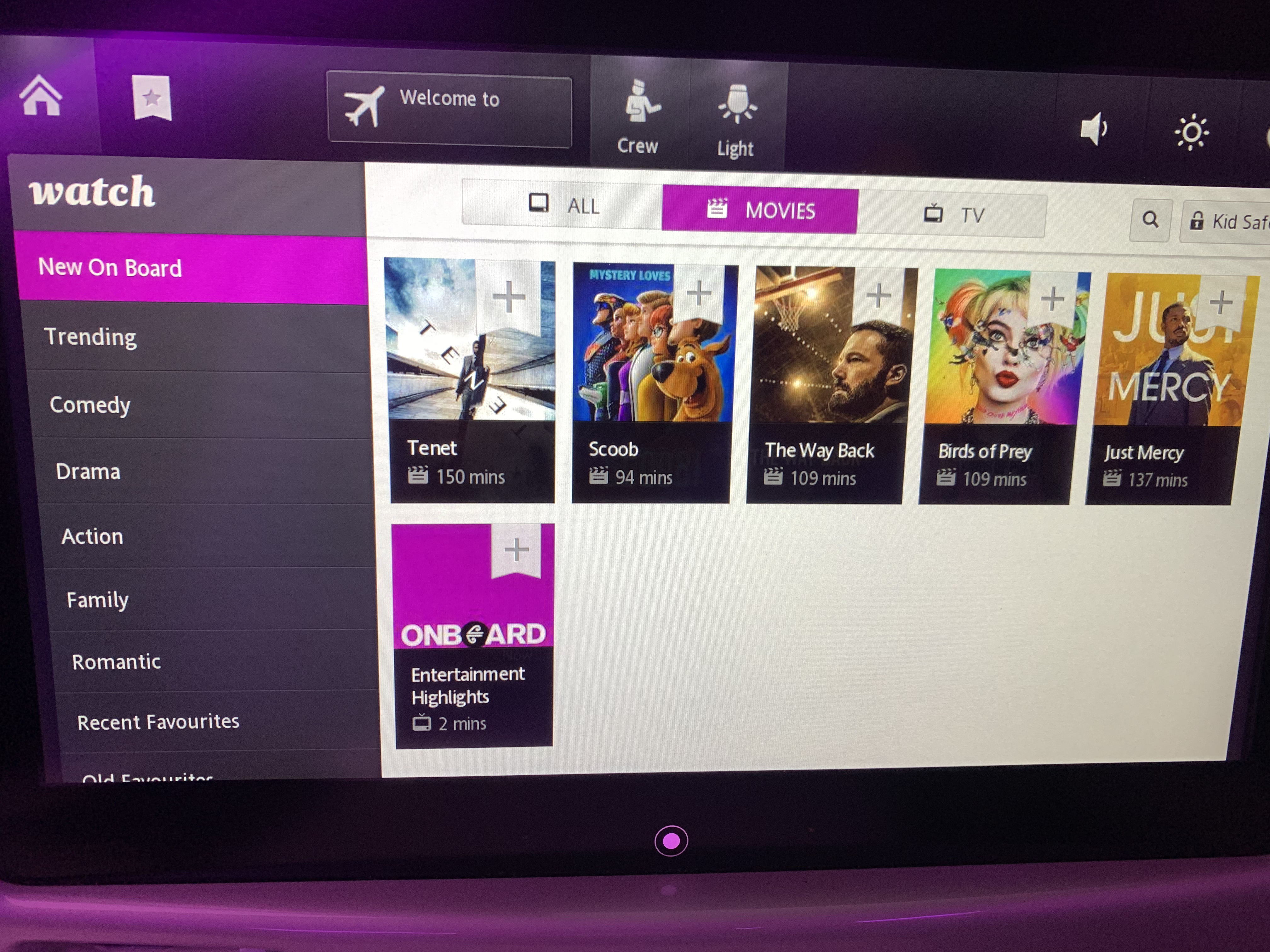
The lack of new films reminded me I was flying to a city that’s seeing its iconic movie theatres shutting down. Unless a huge entity like Netflix sweeps in to save the day, it’ll be permanent.
12 hours later, and I was baking in Los Angeles. I had to sign something online before I took off, saying that I’d self isolate for seven days in LA. So that’s it for me right now. There was a threat of the LAPD checking in on me, but I don’t think the self-isolating thing is really being policed here. They’re a bit harder in New York, but here in LA — as usual — it’s a little more chilled.
I can walk to the grocers or for other essentials — and everyone out here is happily wearing facemasks.

Next weekend, I will be getting the Moderna mRNA-1273 vaccine. A few weeks after that, I’ll get my second dose. And I can’t wait. It’s a little strange to think I’ll be getting vaccinated before my friends and family back in New Zealand — things are a little slower there, plus they don’t have Covid on the loose.
I think Webworm may reflect my time in the United States a little. As usual, the stories I tell will always be strange and odd — and I have no doubt the US will provide on this front.
Meanwhile, a short word about a guy named David Farrier.
David.
I wanted to talk about David Farrier, because people sometimes email me wanting to talk about David Farrier. They are usually full of praise and awe. Margaret Atwood, author of books like The Handmaid’s Tale, is a big fan of his latest book:
Fascinating peek into the deep future ! Footprints: In Search of Future Fossils. By David Farrier. Our distant ancestors left beautiful stone objects. What will we leave? Surprising answers!
— Margaret E. Atwood (@MargaretAtwood) 3:16 PM ∙ Jan 30, 2020
All over Twitter, people love the guy.

A don!
But yeah — he’s definitely not me. A lot of people think I’m him, or he’s me — maybe because his latest book has a bit of a Dark Tourist vibe about it. And, you know, we both share a name.
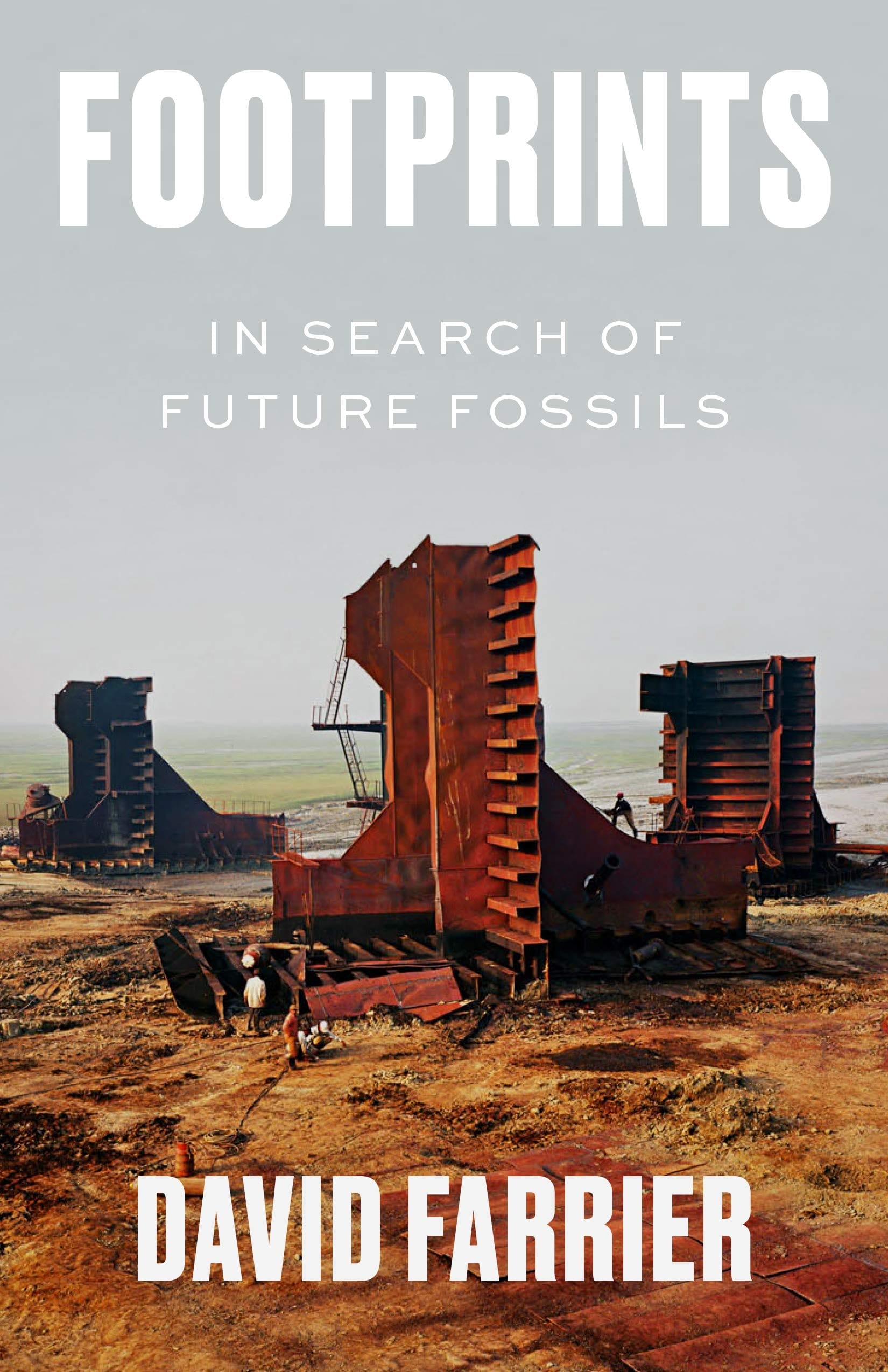
But as a New Zealand book reviewer noted — in a quality neg towards a very uneducated me — “Everyone needs to know that this David Farrier teaches english literature at the university of Edinburgh!”
I was curious to learn what the other David Farrier was all about, so I googled him. The image search was quite good — and could possibly be used as one of those “are you a robot” tests:
“Please mark all the David Farriers who are published authors”
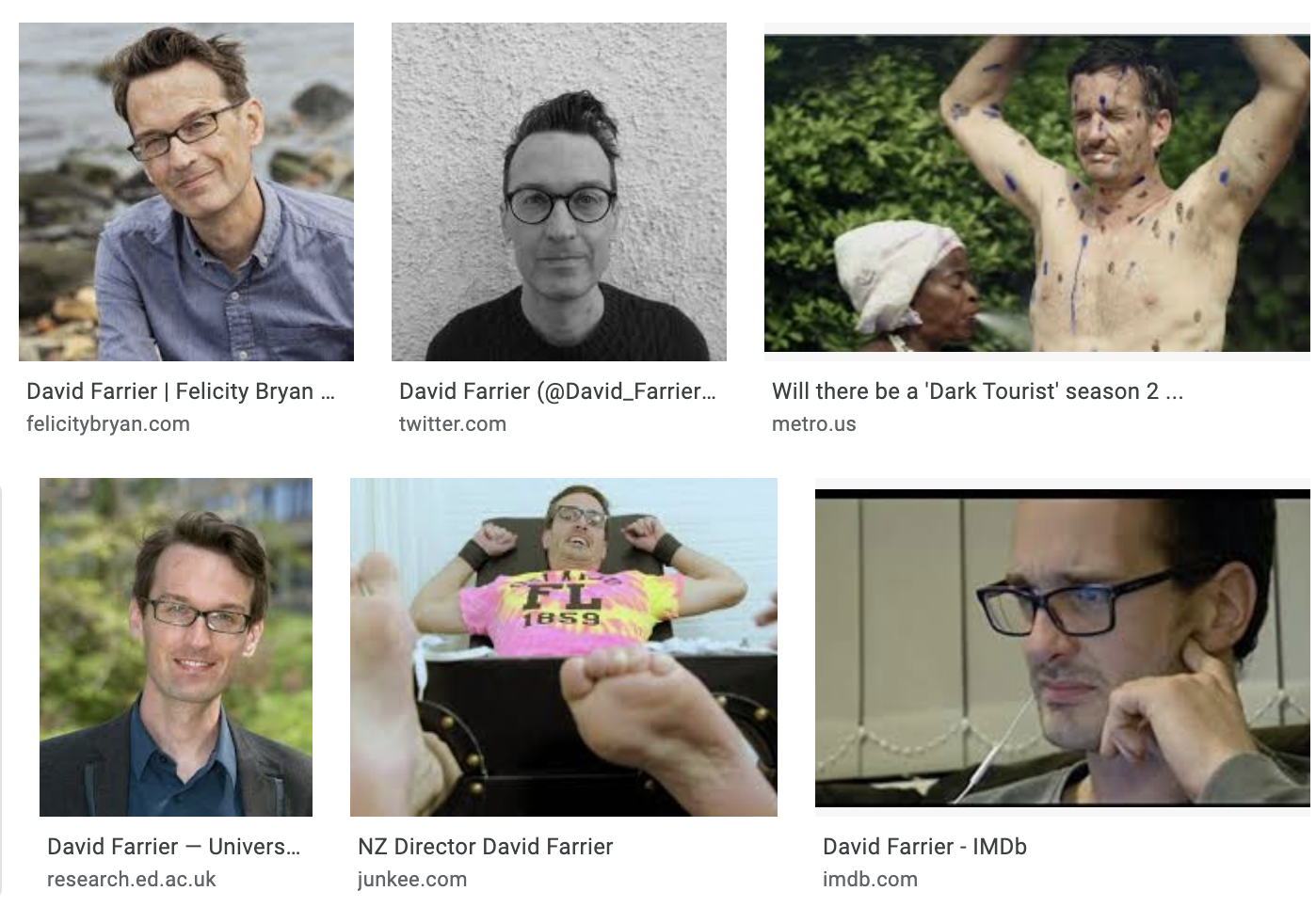
I passed the test. At least I think I did.
Anyway, I wanted to talk to David Farrier to learn a little more about him and his book. Broadly, it’s about global warming — one of the most important topics anyone could be writing about. And it’s a really good book. But I also wanted to know if he gets confused with me. That’s me: always asking the hard-hitting questions.
David Farrier (me) interviewing David Farrier (not me).
Hi David Farrier. Nice to be talking to you. I really loved your book — finally got a chance to read it, and your approach to looking at climate change was utterly unique. Bravo!
Thanks! It’s a pleasure to talk. I’m so glad to hear that you liked Footprints. When you spend so long writing a book, it still feels astonishing that people might read it!
Can you tell me a little a bit about how you tick, and how you became so interested in this topic. I mean you are not a climate scientist, you are more of a literary man.
Yes, I’m a bit of an interloper. My day job is teaching literature at the University of Edinburgh. So I’m interested in stories, and the more I read about how we’re changing the planet, the more it seemed to me that what we’re doing is telling stories to the future.
So many of the challenges we face — even though they’re very urgent — will play out over a very long time, and leave a lasting trace for even longer. We’re worried about sea level rise now, but even if we stopped burning all fossil fuels today feedback loops would mean the water would continue to rise for several hundred years. Our nuclear waste will be deadly to future generations long after we’re all gone. Some of the world’s biggest cities — like Shanghai or New York — are such dense accumulations of synthetic materials (such as concrete) that they will certainly leave fossils that will still be around hundreds of millions of years from now.
So I began to think about our future traces (or future fossils) as stories we’re telling future generations about who we were, how we lived, and what we valued. A background in literature helped a lot with this, because it gave me all kinds of poetry, myths, and art to draw upon to help tell these stories. A short story by Jorge Luis Borges helped me think about melting glaciers; an essay by Virginia Woolf got me seeing extinction in a new way. It all sort of flowed from there. The question then becomes, what do we want our story to be?
I love feedback, the good stuff and the really gnarly stuff. What has been the best bit of feedback and the worst to Footprints?
It was wild to make the best of 2020 lists in newspapers like The New York Times, but the best thing by far has been readers who’ve said it has changed how they see the world around them, that they see future fossils wherever they go. That’s been amazing. We’re so bound up in the short-term, whether that’s consumer culture or election cycles, that we find it difficult to think long-term. But it’s long-term thinking that’s going to get us out of this fix.
I’m not sure about the worst bit of feedback. I mean, who’s got time for it? But one person on Good Reads did say it made them want to throw the book across the room...
Do you think the human race has any chance of correcting this terrible path we’ve insisted on travelling? I mean I read The Uninhabitable Earth and gave up all hope. Your book is relatively bleak too — or is that unfair?
There’s some challenging stuff in it, certainly. But I don’t think it’s bleak. There’s a lot of hope in the fact that not all of the future fossils I talk about are guaranteed. There’s still a lot we can do to turn our long-term story into a better one. David Wallace-Wells’ book is hugely important for the warning it sounds, but if you want another take you should also read Roman Krznaric’s The Good Ancestor, which is full of practical examples of how we can make the world better for ourselves and the people that come after us.
The big question: Do you get sick of being confused with me on Twitter? Like, you are writing these beautiful books, and I am sort of banging out newsletters that are not exactly nuanced....
Ha, no! But it’s a source of endless confusion for my kids, who can’t believe anyone would think I had my own Netflix series.
It’s actually out of hand. Were you aware your publisher’s website lists your website, but it links to mine?! Sort that out!
What?! Shit. Hopefully not by the time people read this...
What’s next from you — and what is your process of choosing a book topic? Footprints had such a great concept — is it a matter of coming up with a unique hook, or does it purely depend on the topic you are passionate about?
It’s been tricky deciding what to do next in the middle of the pandemic. We’ve been locked down for most of the past 12 months in Scotland, so I can’t get out to meet people which is how a lot of Footprints took shape. But I am very interested in how our relationship with the living world is changing. We’ve co-evolved with loads of other species for hundreds of thousands of years. Now, designers are drawing inspiration from the living world to solve all kinds of problems, from learning how to build sustainably from termite mounds to making fighter jets based on the shape of a Peregrine Falcon’s nostrils. And yet, at the same time, biodiversity is crashing because of us. I’m thinking a lot about that contradiction at the moment.
Where can people get your book?
Footprints came out in paperback on 15th April. I’ve got a bookshop.org page if people want to support independent bookshops, but you could also direct New Zealand readers to the HarperCollins website. Amazon carry it, too.
Thanks, David.
You can get David Farrier’s book here, or in any good book store.
Finally — a few people expressed some concern in me coming to the US, after the safety net of Covid-free New Zealand. I get it, but since Trump vanished — the rollout of vaccines here seems fast and smart. So I’m not too worried about Covid. As for everything else, well: I am a white male in America — I am fine. I can walk, drive and sleep without fear of being shot by the police. I’ve been thinking about my extreme privilege a lot lately — and suggest the Oscar-nominated 30-minute short Two Distant Strangers if you have time. It’s heavy-handed, but I think it’s extraordinary. It uses a common trope to get a message across that couldn’t be done without said trope. It’s really powerful and yeah — just really, really good.
Stay safe. Talk soon.
